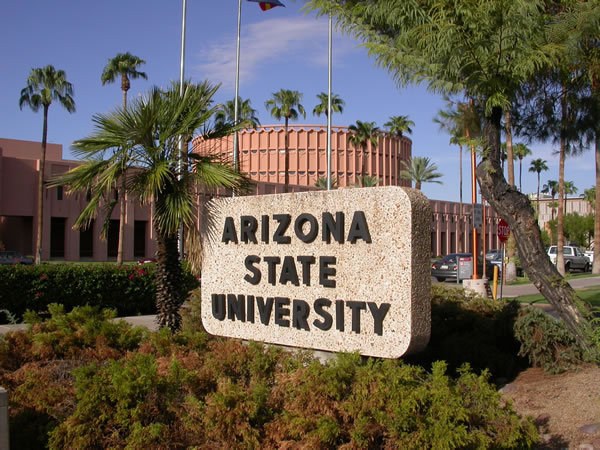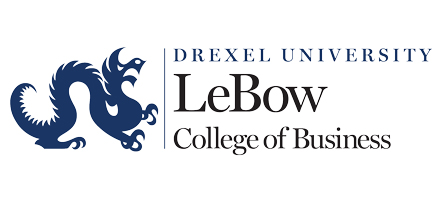
Looking for a better ROI for your executive MBA? Try ASU’s Carey School of Business which provides a top-ranked program at a bargain basement price, comparatively speaking. (Courtesy photo)
If you want a top-ranked executive MBA education, plan on forking over some serious coins.
Columbia Business School, for example, the No. 1 program in our most recent Executive MBA Ranking, now costs a whopping $219,720 for its 20-month program. University of Pennsylvania’s Wharton School (No. 14) is $210,900 while NYU Stern’s is $204,000. The average cost of the ranking’s Top 10 schools is $141,153.
Not pocket change, in other words.
However, if you’re looking for a better return on your initial investment – and what business-minded executive isn’t? – there are deals to be found. Poets&Quants for Execs has scoured through school websites to find the tuition data on all of the 58 schools on our latest ranking.
And we’ve uncovered a couple of gems. That includes ASU’s Carey School of Business (ranked No. 4) and UCLA’s Anderson School of Management (No. 5) which both come in under $90,000 – a bargain for similarly-tiered programs. In fact, we found four top-25 ranked EMBAs ranking that come in under six figures.
Below, we bring you the 10 best P&Q-ranked executive MBA programs costing less than $100,000.
1. Arizona State’s Carey School of Business
Tuition: $88,222
P&Q Rank: 4
Designed for senior leaders managing people, projects and budgets, Carey’s 21-month program uses case studies, role playing, simulations and more in its entrepreneurial approach to learning. “By focusing on how different disciplines inform decisions that leaders must make, you’ll discover how to manage and leverage competing interests across business units to influence,” reads its website.
Executive students meet on ASU’s Tempe campus for one intensive weekend per month with overnight lodging provided. Live, virtual courses occur an additional Saturday per month. Classes are small, fewer than 50 students, giving students the space to build networking relationships with their peers, and students join an alumni network of more than 100,000.
The program includes two class trips: one to Washington, D.C., and one international trip. Executive coaches work one-on-one with students to provide personalized, high-level professional development. Students may also opt for the Business of Health concentration, deepening understandings of the industry’s economic, supply chain, and technology issues.
2. UCLA Anderson School of Management
Tuition: $83,996
P&Q Rank: 5
Anderson’s 22-month program features options for on-campus weekend learning bi-weekly, monthly or blended. It also offers a Sunday hybrid option. The program also offers a one-week trip abroad.
The mini-board model utilizes small student teams learning from experts in three core areas:
- Accounting/finance, sales/marketing
- Technology/engineering, military/leadership
- Entrepreneurship/health care/law
Students can customize their MBA experience by choosing from 16 different electives such as business law, new product development, or venture capital and private equity.
3. Michigan State University’s Eli Broad College of Business
Tuition: $87,000
P&Q Rank: 12
In its 20-month program, students learn on the weekend and are able to apply the lessons upon their return to work on Monday. Traditional EMBA students meet Friday evenings and all day Saturdays every other weekend while flex students meet one weekend per month and complete the rest of their coursework online.
Broad’s executive EMBA features a weeklong academic residency and has a global residency option for international experience. The program serves the Great Lakes region and Chicago metropolitan area with campuses in Lansing, Mich. and Troy, Mich.
No GMAT required, and the school reports that 98% of its graduates would recommend the program. It also reports that 55% average salary increase three years after graduation
Next Page: More top-ranked EMBAs for under $100K




